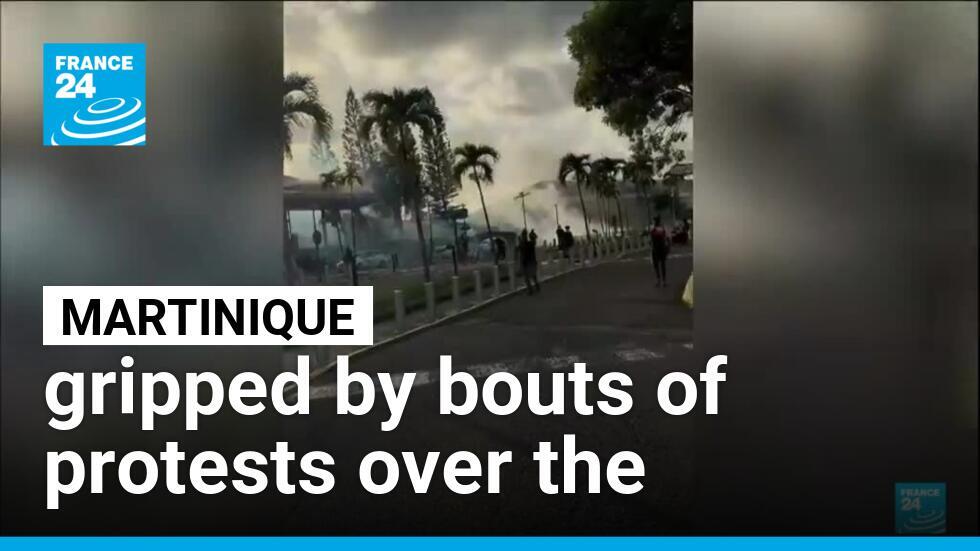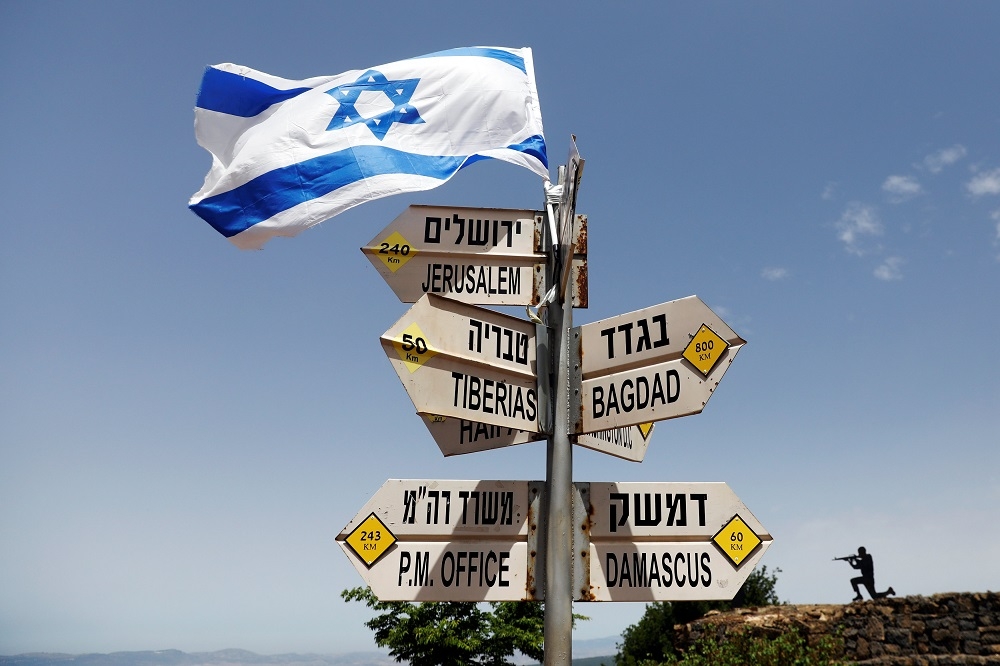By Ernie Mundell, HealthDay News
Oct. 11, 2024

The Fisher-Price company is recalling more than 2 million of its Snuga infant swings, after the suffocation and deaths of five infants who went to sleep while in the swings. Photo by U.S. Consumer Product Safety Commission/HealthDay News
The Fisher-Price company is recalling more than 2 million of its Snuga infant swings, after the suffocation and deaths of five infants who went to sleep while in the swings.
"The swing should never be used for sleep and bedding materials should never be added to it," according to an alert from the U.S. Consumer Product Safety Commission, which announced the recall.
"If the product is used for sleep or bedding material is added, the headrest and body support insert on the seat pad can increase the risk of suffocation," the agency explained.
The CPSC's advice to parents who already have one of the Snuga infant swings at home: "Consumers should immediately remove both the headrest (by cutting the tether) and the body support insert from the seat pad before continuing to use the swing for awake-time activities."
RelatedStellantis recalls 154K Jeep Wrangler, Grand Cherokee hybrids for fire risk
John Deere recalls nearly 165,000 utility tractors for brake defect
Perdue recalls 167,000 pounds of frozen chicken
A full list of the 21 recalled Fisher-Price infant swing models, with photos, can be found at the CPSC.
As the agency explained, five reported deaths of infants between one and three months of age were linked to use of Snuga swings between 2012 and 2022.
"In most of those incidents, the infants were unrestrained and bedding materials were added to the product," the CPSC noted.
Besides the danger from the Fisher-Price products under recall, the agency reminded parents and caregivers that they "should never use any inclined seated products, such as swings, gliders, soothers, and rockers, for infant sleep and should not leave infants in these products unsupervised, unrestrained, or with bedding material due to the risk of suffocation."
Instead, always lay an infant flat on their back for sleep "on a firm, flat surface in a crib, bassinet, or play yard, with nothing but a fitted sheet," the CPSC advised.
The agency noted that in 2022, Congress banned the sale of any form of inclined sleeper for infants.
More information
Find out more ways to prevent infant sleep deaths at the March of Dimes.
Copyright © 2024 HealthDay. All rights reserved.










